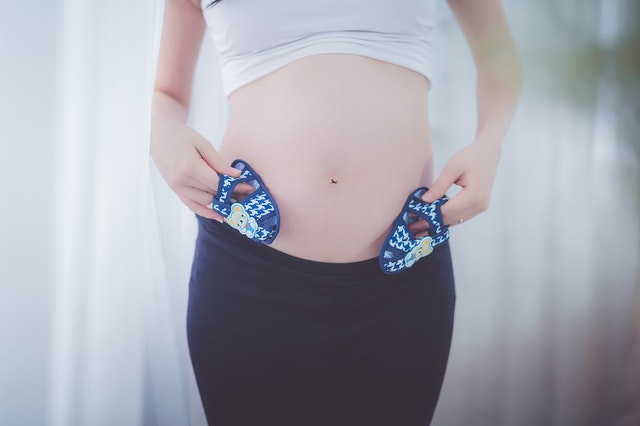Introduction:
Pregnancy is a miraculous journey filled with excitement, anticipation, and, unfortunately, plenty of misinformation.
As an expectant mother, it’s crucial to separate fact from fiction to ensure a healthy and stress-free pregnancy.
In this article, we’ll debunk common pregnancy myths that women need to stop believing.
Let’s explore these misconceptions and provide evidence-based information to help women
make informed decisions during this special time.
Myth:
Eating for Two is Necessary One of the most pervasive myths is the notion that pregnant
women should eat for two.
However, the truth is that during pregnancy, your calorie needs increase only modestly.
Consuming excessive calories can lead to excessive weight gain and complications.
Instead, focus on a well-balanced diet rich in nutrients, vitamins, and minerals to
support your baby’s growth and your overall health.
Myth:
Exercise is Dangerous Contrary to popular belief, exercise during pregnancy is not
only safe but also highly beneficial for both mother and baby.
Regular physical activity can help alleviate common discomforts, improve mood,
promote healthy weight gain, boost energy levels, and enhance muscle strength.
However, consult your healthcare provider before starting or modifying an
exercise routine to ensure it aligns with your unique circumstances.
Myth:
Morning Sickness Only Happens in the Morning Despite its misleading name, morning
sickness can occur at any time of the day.
Nausea and vomiting during pregnancy are caused by hormonal changes and are
not limited to the morning hours.
If you’re experiencing morning sickness, try eating smaller, more frequent meals,
staying hydrated, and getting plenty of rest.
If the symptoms persist or become severe, consult your doctor for guidance.
Myth:
The Shape of Your Belly Determines Baby’s Gender There is a widely held belief
that the shape of your baby bump can indicate the gender of your baby.
However, the truth is that the size and shape of your belly are influenced by factors
such as your body type, abdominal muscle tone, and the position of the baby.
The only reliable way to determine the gender is through medical techniques like
ultrasound or genetic testing.
Myth:
High Heels Cause Birth Defects Wearing high heels does not cause birth defects.
While it’s advisable to opt for comfortable footwear during pregnancy to prevent
discomfort and maintain balance, there is no scientific evidence linking high
heels to birth defects.
However, wearing heels for extended periods may contribute to back pain, leg cramps,
and falls.
Choose supportive, low-heeled shoes or flats to ensure stability and minimize the
risk of accidents.
Myth:
Sleeping on Your Back Harms the Baby While it’s recommended to sleep on your side during
pregnancy, particularly the left side, there is no concrete evidence to suggest that occasional
back sleeping poses a significant risk to the baby’s health.
As your pregnancy progresses, the weight of the uterus can compress blood vessels
when lying flat on your back, potentially causing dizziness or a drop in blood pressure.
However, if you wake up on your back, simply reposition yourself to the side.
Conclusion:
Pregnancy is a transformative period that deserves accurate information to ensure
the well-being of both mother and child.
By dispelling these common pregnancy myths, women can make informed
decisions and enjoy a healthier and more relaxed journey.
Remember to consult your healthcare provider for personalized advice tailored to
your unique circumstances.
Embrace this special time with confidence, armed with the knowledge that separates
fact from fiction.











